Krása pohledět.
Treasures from a teacher's collection auctioned for a million
Categories: Finds and rescue research abroad , Nálezy nejenom s detektorem ve Velké Británii a Irsku
History teacher Gordon Taylor has always enjoyed walking through the fields, looking for fragments of artefacts and traces of ancient human activity. In 1962, he found a fragment of human bone near Irby in Lincolnshire. This discovery led to a 17-year-long exploration and the discovery of 72 mostly female graves and hundreds of unique objects dating from between 450 and 625 AD.
"Gordon loved to walk the field. One day he came across a piece of femur and a small fragment of Anglo-Saxon pottery on the surface. He consulted the farmer who owned the land to get permission to dig. That was the start of a seventeen-year excavation," explained Mrs Taylor, the widow of a teacher in Cleethorpes, explaining that the field at Welbeck Hill has since become "Gordon's life".
Mr Taylor died three years ago at the age of 88. Mrs Muriel wanted her husband's life's work to reach the public and approached Derbyshire's Hansons Auctioneers to arrange the sale of the collection, ideally to a museum. Originally, the entire set was estimated to be worth around £80,000. Among the hundreds of items were spearheads, jewellery, brooches, pins, amber beads, iron tools, pots, knives and rune pendants...
The family specifically wanted the collection to stay together and be preserved in the museum. The auction was broadcast live due to the Chinese virus pandemic. However, the entire collection of 250 artefacts ended up selling for 'only' £30,000 - nearly one million crowns - compared to the original expectation.
Mr Taylor's son Geoff told the media that he was still absolutely delighted with the outcome of the auction: "I watched the sale live. I've just phoned my mother and she's in seventh heaven," he said, adding that he firmly believes the artefacts will be displayed for the public. Mrs Taylor expressed the same wish: "It's so important to me that this collection stays together. I would like it to stay in the museum. It is my late husband's life's work and a vital part of England's Anglo-Saxon history," she added in an interview with the BBC.
Author's note: The discovery of 72 Anglo-Saxon graves was considered one of the most important finds of the 20th century in Britain in the 1960s and 1970s. Because under the "Treasure Trove" legislation at the time there was no legal requirement to surrender the artefacts found, the private collection of Mr Taylor, who led the excavation, was perfectly legal.
Roman Nemec
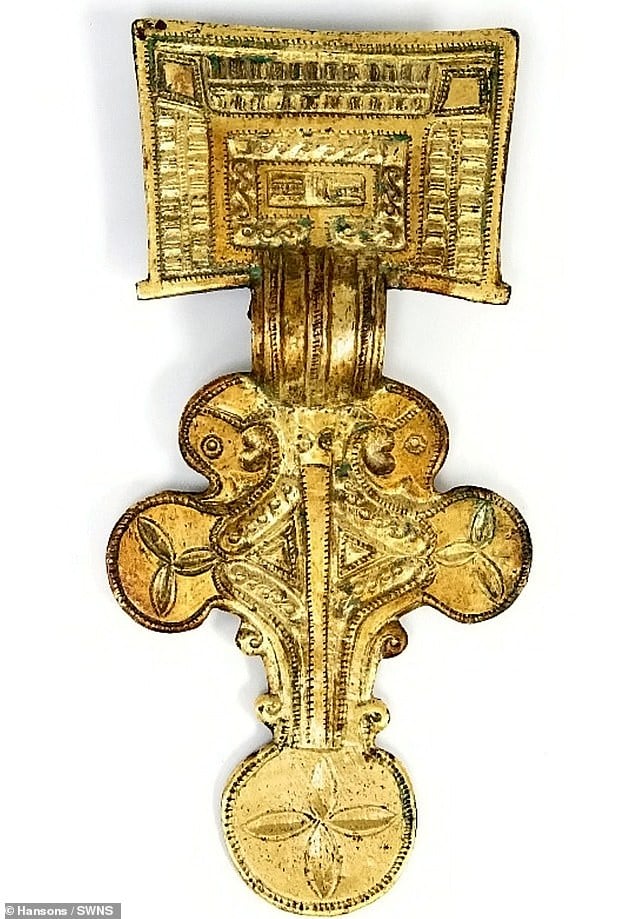
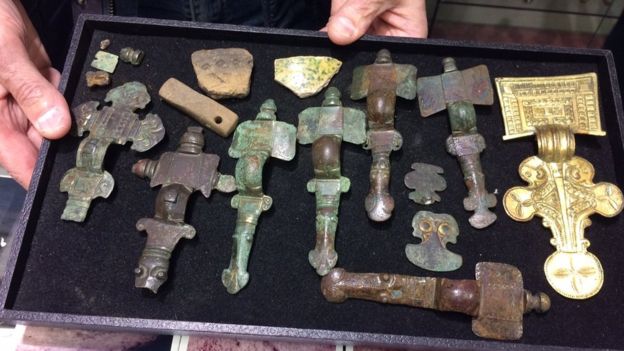
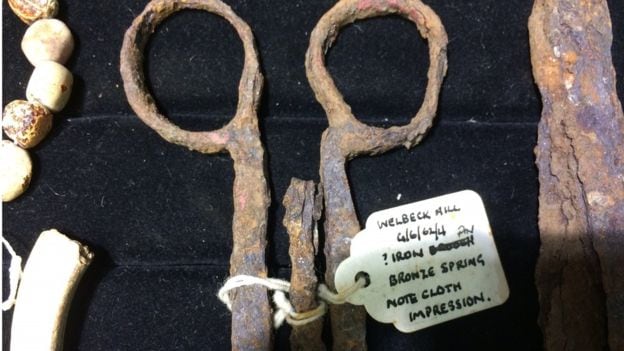
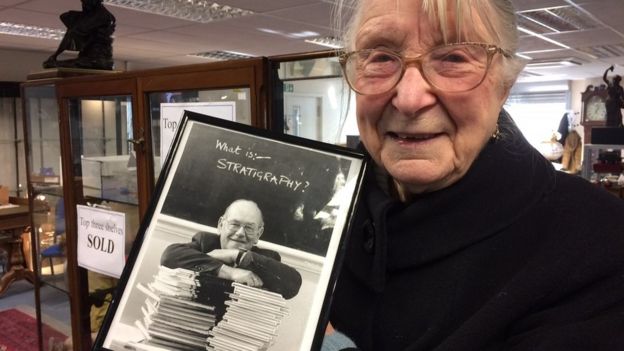
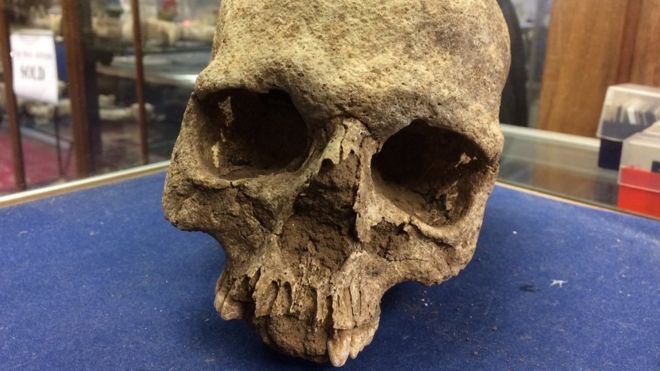



Sources: bbc.com, anglo-saxon-archaeology-blog.blogspot.com, dailymail.co.uk
The article is included in categories:
- Archive of articles > Archaeology > Finds and rescue research abroad
- Archive of articles > Archaeology > Finds and rescue research abroad > Nálezy nejenom s detektorem ve Velké Británii a Irsku
Post
No teda.....to jsou ale věcičky. Naprosto luxusní. S sebou si to ale nakonec nevzal, stejně jako si nevezme nikdo z nás  . Že to skončilo v muzeu jedině dobře
. Že to skončilo v muzeu jedině dobře 
Centurion moc dobrá slova 
Ve finále tvl i ty, který to ssebou dostali do hrobu, tak o to přišli.......
HerrBriz, tak tak,...prokletý artefakty,.... Dražit lebku člověka mi přijde stejně zvrhlý, jako topit v lokomotivě starou egyptskou mumií... 
Nemyslím si, že kosti byly předmětem dražby, z toho bych nikoho nepodezíral. Byla to sbírka jako celek a ty kosti se s tím prostě svezly 
Krásný kousek lidské snahy a dobroty. Naštěstí i farmář měl pochopení a nechal pána vykonat jeho celoživotní dílo a úděl... A věřte nebo ne, se sebou si sice do hrobu sbírku nezval, ale spoustu zážitků, překvapení, nepřekonatelné extáze si s sebou odnesl a nakonec jistě spokojeně odešel.. pěkný příběh 
Na Slovensku by mu to zhabali a odsúdili za kradnutie archeologického dedičstva,tak to je bohužial teraz
na skorumpovanom Slovensku!















